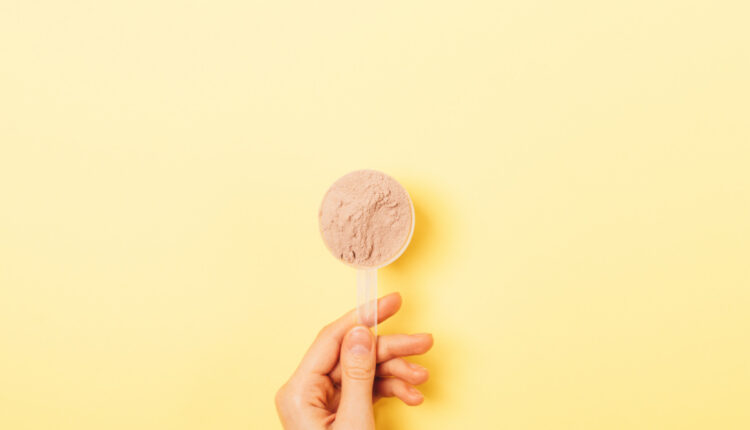Can Protein Powder Cause Hair Loss?
Protein powder has become increasingly popular among fitness enthusiasts and individuals seeking to build muscle, support recovery, or enhance their overall nutritional intake. However, amidst the rising popularity, concerns have emerged regarding its potential link to hair loss. In this blog, we will delve into the topic and explore whether protein powder can indeed cause hair loss. Let’s uncover the truth and debunk the myth surrounding this controversial issue.
Understanding Protein Powder
Protein powder is a dietary supplement that provides a highly concentrated source of protein in a convenient and easily consumable form. It comes in various types, including whey protein, plant protein, and others. Protein is an essential macronutrient that plays a crucial role in building and repairing tissues, including hair.
Examining the link Between Protein Powder and Hair Loss
There is a common misconception that protein powder can directly cause hair loss. However, it’s important to note that hair loss can have multiple underlying causes, such as genetics, hormonal imbalances, nutritional deficiencies, stress, or specific health conditions. While protein is necessary for healthy hair growth, an excessive or unbalanced intake may contribute to hair loss indirectly.
Protein Intake and Hair Loss
Adequate protein intake is essential for maintaining the health of your hair. Insufficient protein in your diet can lead to weakened hair follicles and slower hair growth. Including protein-rich foods like lean meats, fish, eggs, legumes, and dairy products can provide the necessary amino acids for hair growth and strength.
However, it’s crucial to strike a balance. Excessive protein intake, whether from protein powder or other sources, can potentially lead to imbalances in the body. Such imbalances may contribute to hair loss indirectly. Therefore, it is recommended to meet your protein requirements through a well-balanced diet rather than relying solely on protein powder supplements.
Choosing the Right Protein Powder
When selecting a protein powder, understanding the different types can help you make an informed decision. Two popular varieties are whey protein and plant protein. Let’s take a closer look at each:
Whey Protein
Whey protein is derived from milk and contains all nine essential amino acids that the body cannot produce on its own. It is quickly absorbed and highly regarded for its muscle-building properties. However, some individuals may experience sensitivities or allergies to whey protein, which can lead to inflammation or other side effects.
Plant Protein
Plant protein, on the other hand, is sourced from various plants such as peas, hemp, rice, or soy. It is suitable for vegans, vegetarians, or individuals with dairy sensitivities. Plant protein powders are rich in fiber and contain a range of essential amino acids. They are generally well-tolerated and can support muscle recovery and growth.
If you’re curious about the differences between whey protein and plant protein, check out our blog post on Whey Protein vs. Plant Protein to make an informed choice for your fitness goals. You can also discover our Ayurvedic protein powder, a natural alternative to traditional protein powders.
Conclusion
Contrary to the myth, protein powder itself does not directly cause hair loss. Various factors, including genetics, hormonal imbalances, nutritional deficiencies, and overall health, typically influence hair loss. However, excessive or unbalanced protein intake, whether from protein powder or other sources, can contribute to hair loss indirectly.
To maintain healthy hair and overall well-being, it is important to prioritize a well-balanced diet that includes adequate protein from a variety of sources. Protein powder can be a convenient supplement, but it should not replace a wholesome diet. Always consult with a healthcare professional or nutritionist to determine your individual protein needs and to address any concerns about hair loss.
Remember, achieving optimal health goes beyond supplementation. It is the result of a holistic approach that combines a nourishing diet, regular exercise, adequate sleep, and stress management. Embrace a balanced lifestyle and make informed choices to support your overall well-being.
Read also: Top 5 St Petersburg Food Culture Highlights


